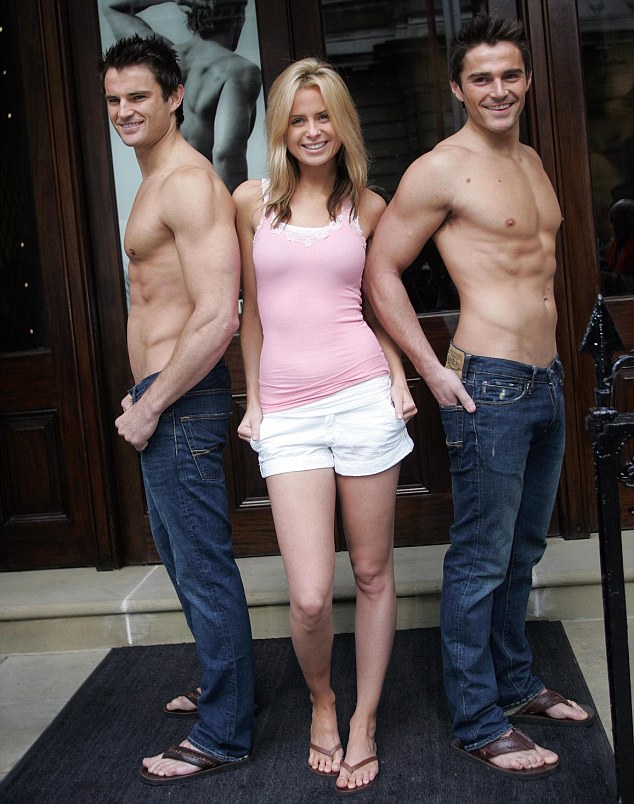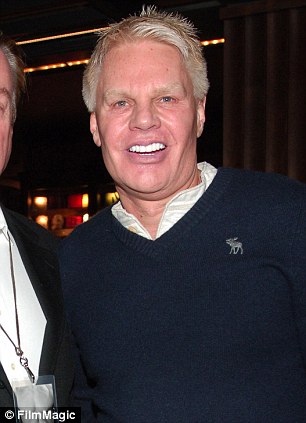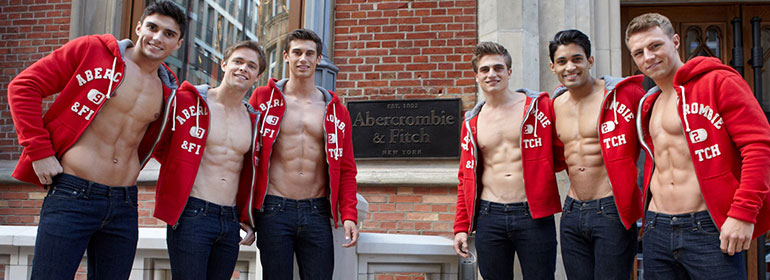Earnings for Abercrombie & Fitch have been falling for some time now, with the label’s heavily branded clothing becoming less fashionable with North American customers in particular.

The US collegial lifestyle brand, which launched in Ireland in the fourth quarter of 2012, after establishing itself as a sought-after label by Irish teenagers and college-goers, as well as proving popular with gay men, has decided to take action following reports of its 10th straight decline in quarterly sales last Thursday, with net sales decreasing by 6 per cent to $891 million – prompting a drop of 8.5 per cent in shares.
The brand, which is headed up by CEO Mike Jeffries, told in a statement that while Abercrombie’s clothes have made “great progress” in evolving their fashion component, the company is now rolling up its sleeves to reduce its use of logos, confirming “In the spring season we are looking to take the North American logo business to practically nothing”.
According to the Chicago Tribune, The dip in sales is thought to be down to brands such as Zara, H&M and Forever 21 offering a more paired-back style for less coin – for example a pair of jeans at Forever 21 can cost as little as $10 while similar items at Abercrombie would set you back $75. Jeffries told the Wall Street Journal that it is attempting to cut costs, which will allow it to achieve lower prices.
The company is set to close 60 stores in this coming 12 months after leases expire, and Jeffries hopes the remaining stores will escape the declining popularity also being experienced by similarly heavily-branded though less-expensive rivals American Eagle and Aeropostale.
The major change in branding is the latest change made by Abercrombie as it struggles to stabilise itself after a decade of bad publicity. In 2004, the company settled for $50 million after being sued for discrimination against racial minorities. More recently, comments made by Jeffries in an earlier interview resurfaced where he told, “Abercrombie is for cool, good-looking people”, a statement that generated viral backlash.

Jeffries, (70), told Salon in a 2006 interview, “We go after the cool kids. We go after the attractive all-American kid with a great attitude and a lot of friends. A lot of people don’t belong in our clothes, and they can’t belong. are we exclusionary? Absolutely”.
He went on to say that all-inclusive companies are unexciting to customers, “Those companies that are in trouble are trying to target everybody: young, old, fat, skinny. But then you become totally vanilla. You don’t alienate anybody, but you don’t excite anybody either”.
While Abercrombie has attempted to become more multi-cultural in both its hiring of staff and in its catalogues – which feature predominantly white, good looking, muscular/athletic models in various states of undress, it has continued to struggle to regain the ‘cool factor’ it was tagged with in previous times.
Jeffries remains confident of the future, stating “We remain highly focused on returning to top-line growth and driving long-term value for our shareholders”.
It is currently unclear when the changes will be rolled out in the UK and Ireland.
© 2014 GCN (Gay Community News). All rights reserved.
